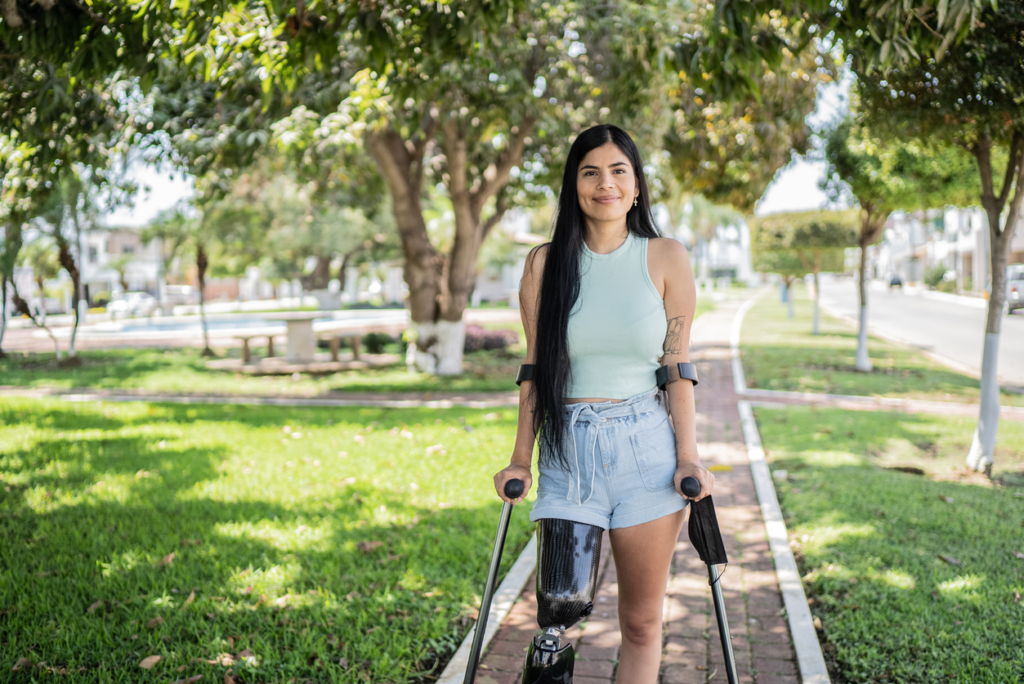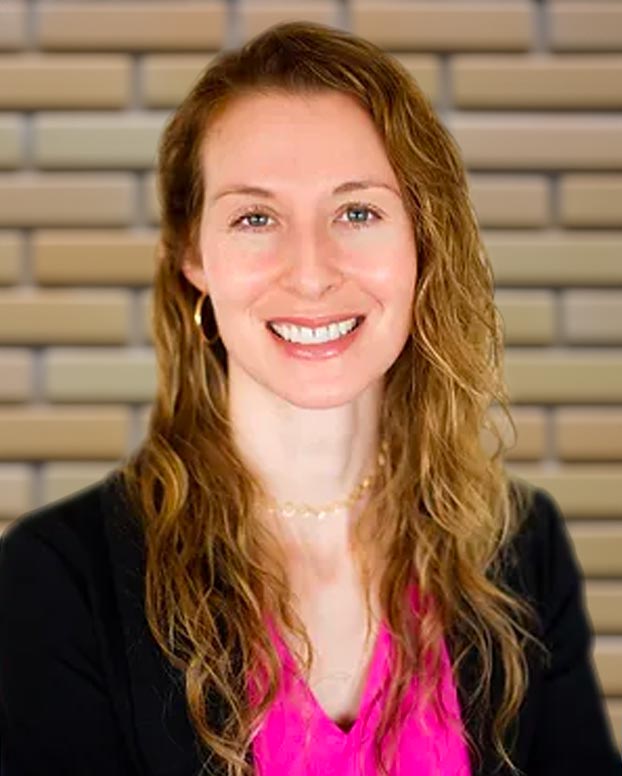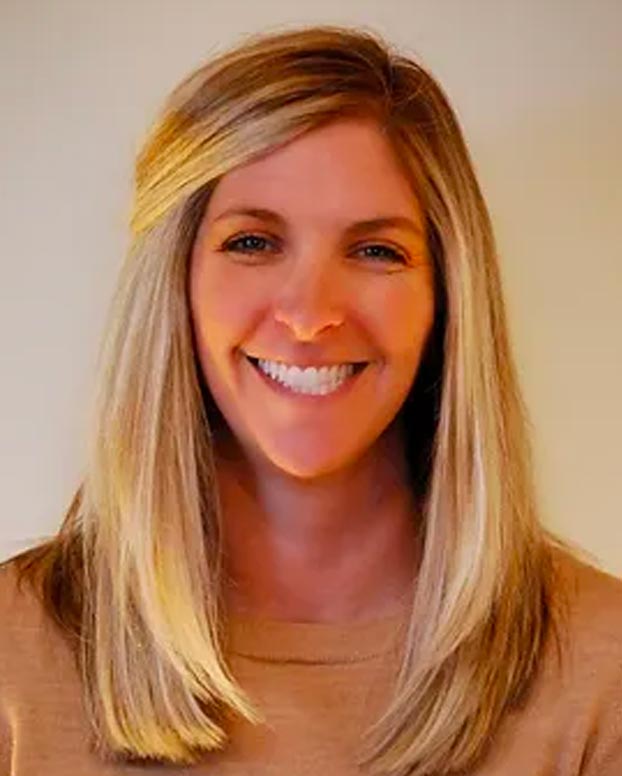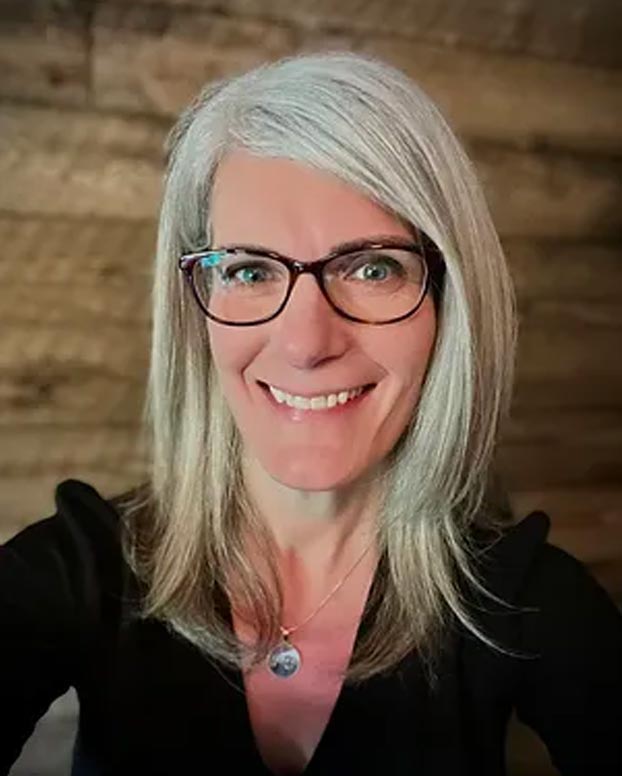6 Self-Care Tips for People Living with Disabilities
May 28, 2024

May is Mental Health Awareness Month, a time to recognize the importance of taking intentional action to care for your own wellbeing and mental health through self-care and increased awareness. Self-care is for everyone, but it can be even more important for differently abled individuals because self-care can help manage the challenges that come with living with a disability. Self-care activities can reduce stress, ease symptoms of mental health conditions, and improve overall wellbeing. Read on for targeted tips and tricks to help you feel your best.
Find what works for you.
There are countless ways to practice self-care, and what works for some people does not work for others. Some kinds of self-care can be done alone, some are group-based, and others require travel or purchasing supplies. The most important aspect of self-care is understanding what works for your unique mind and body. It can be helpful to discuss your self-care ideas with a friend or caregiver so they can assist in the process of finding what is right for you and incorporating it into your routine.
Get active in a way that feels safe and energizing to you.
Movement is a great way to release stress, improve your mood, and strengthen your body. There are a wide variety of activities designed for those with limited mobility that can help you feel your best. Without pushing yourself too hard, try some gentle stretches, chair exercises, or accessible yoga that energizes your body and relaxes your mind. These activities can also be done in groups, adding a social component that can help you build community with peers. Guided By Humanity is a Denver-based organization that offers accessible yoga classes to individuals of all abilities. They also offer nature retreats, mindful community support groups, and more. If physical activity resonates deeply with you, Special Olympics Colorado is another great place to find opportunities to develop your skills and compete with others.
Refill your prescriptions early and keep a detailed record of them.
Keeping your prescriptions organized and on an early pickup schedule is a great way to reduce stress and ensure that if an unexpected situation arises, you’ll be prepared. Caregivers or family members can help with this schedule and with picking up medications if mobility is a challenge. Strategies like keeping your medications all in the same place, using a pill organizer, and keeping track of expiration dates can also help you stay organized.
Join a community of peers.
One of the healthiest ways to take care of yourself is to build relationships with others who share your interests and experiences, and there are many options for community building right here in Denver. Access Gallery is a Mill Levy Community Initiative that provides a space for individuals with disabilities to access, explore, and benefit from the arts in a multitude of ways. Phamaly Theatre Company is a creative center for people with disabilities and produces plays that exclusively feature disabled performers. Activity Options provide opportunities for disabled people to participate in supported recreational activities such as horseback riding, cooking classes, holiday parties, road trips, international trips, and more. There are many more groups for individuals living with disabilities to connect with others over shared interests and hobbies, online or in person.
Incorporate engaging sensory activities into your routine.
Sensory activities are a fun and calming way to interact with your surroundings, get your brain active, and connect with others. Try making sensory activities a regular part of your day or week, and bonus if you focus on activities that engage each of the five senses. Guides like this one can help you find activities that you might like. Physical sensory items can also be a fun and helpful tool. The Autism Community Store, a Mill Levy Community Initiative, is a great place to find cool sensory items as well as teaching tools, sleep solutions, and more.
Spend time outside at your own pace.
Going outside for a mindful walk or to spend time in your local park is an opportunity to increase your social activity, absorb some vitamin D, and get some exercise. Spending time outside decreases stress, improves mood, and can even help you heal faster if you’re recovering from an injury. It can feel daunting to pursue outdoor activities, but there are many ways to enjoy nature, no matter your ability. Some people enjoy finding accessible trails to hike. Websites like TrailLink can help you find accessible trails in Colorado and other states. Others find peace in meditating, birdwatching, identifying plants or insects, or creating art outdoors. Enjoying nature is for everyone, and it can take time to identify what feels good to you. Try reading about the experiences of other disabled individuals and what their outdoor experiences mean to them—you may find inspiration for your own exploration. Additionally, organizations such as Mill Levy Community Initiative Adam’s Camp offer planned opportunities for supported outdoor activities with your family members or loved ones.
Self-care is a lifelong practice that can change as you do. The goal is not to develop perfect self-care routines; instead, it is to learn what helps you recharge and feel like the best version of yourself, throughout your day, week, and life. If these tips resonate with you, try them out in different ways and see what they feel like. There is always more to discover when it comes to you, so explore a variety of resources and give yourself the freedom to learn and grow.
To learn more about self-care for individuals with disabilities, check out these articles, which guided the creation of this article.
Resource List:
Getting Active:
Communities of Peers:
Sensory Activities:
List of sensory activity ideas
Outdoor Activities:







